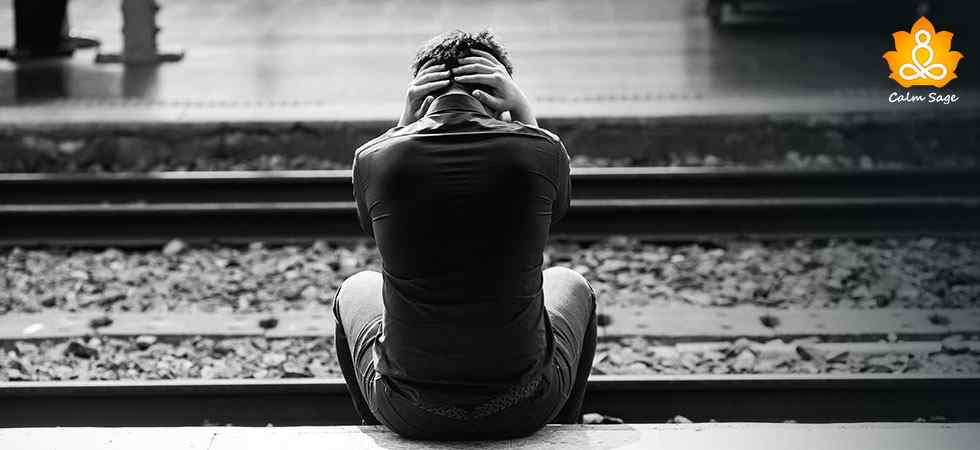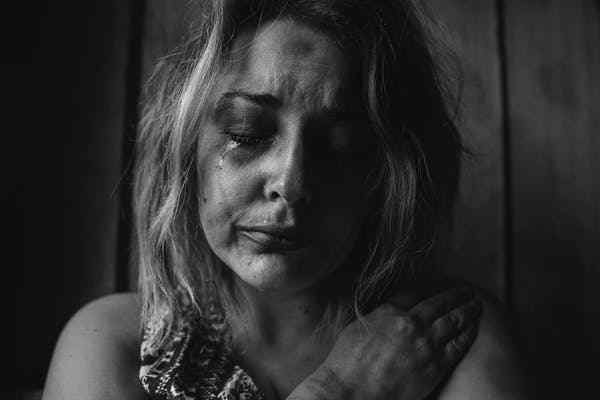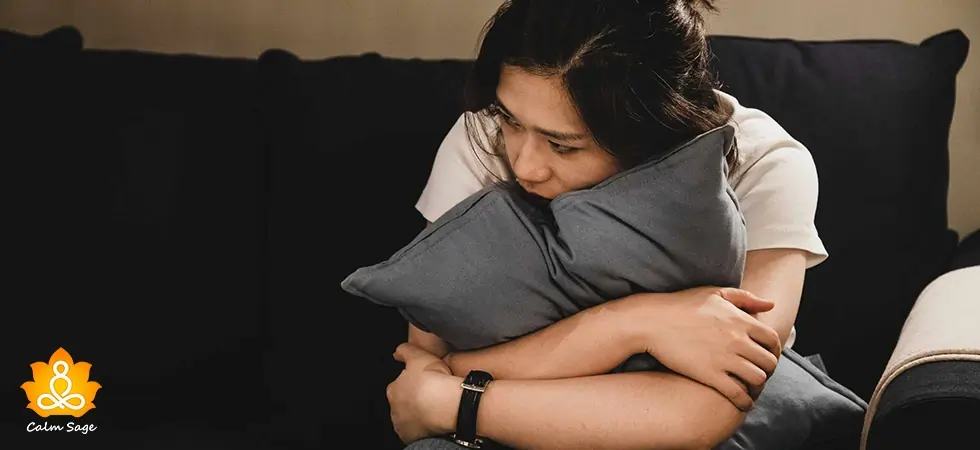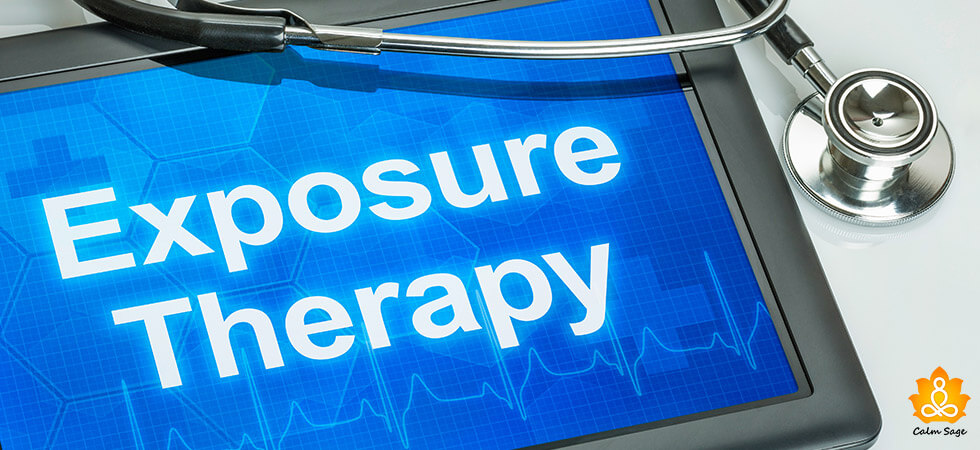Can You Get PTSD From a Loved One’s Suicide?

Losing someone to suicide is one of the most painful experiences an individual can ever have. Suicide grief always hits differently from other kinds of grief and hurt. Even the thought of a loved one committing suicide gives people chills, imagine having to live with that truth.
When an individual commits suicide, they leave at least 4-6 loved ones behind, who are called suicide survivors. These suicide survivors are the ones who are most affected by the sudden death of their beloved child, parent, spouse, friend, etc.
There have been various pieces of research and studies on the effect of suicide by a loved one on suicide survivors. Different experts studied different aspects of the psychological impact of suicide on suicide survivors and found that suicide survivors are at a high risk of developing various mental health conditions like anxiety, depression, suicide contagion, etc.
One of the mental health conditions that were found in suicide survivors was post-traumatic stress disorder (PTSD). Today we will try to find out how someone can develop PTSD from a loved one’s suicide…
Can A Suicide Survivor Develop PTSD?

If we look at the evidence that has been provided by mental health experts proving that suicide survivors can develop mental health illnesses and one of them is post-traumatic stress disorder (PTSD). Therefore, the possibility of a suicide survivor developing PTSD is most likely.
Why does a suicide survivor develop post-traumatic stress disorder, you ask? Knowing that the one you loved so much has summiting suicide can be devastating for you. It is one of the most traumatizing experiences of your life.
Especially in brutal and violent suicide cases, the suicide survivors are left in shock and that shock can trigger stress and anxiety in an individual. The chances of developing PTSD in suicide survivors who witnessed the attempt or retrieved the body are very high.
Any stressful event can cause trauma and having a loved one commit suicide can be traumatizing as well. Everything thing that is related to the suicide attempt gives you stress and can trigger PTSD, for example, the rope they used to hang themselves or the drug they overdosed on, etc.
What PTSD Looks Like In A Suicide Survivor?

Post-traumatic stress disorder in a suicide survivor looks similar to PTSD not caused by the suicide of a loved one. Although the fear, thoughts, and panic and more inclined to be anticipatory and the actions they take are either to protect their remaining kins or to hurt themselves (suicide contagion).
To know if your friend or family member is dealing with post-traumatic stress disorder caused by the sudden death of a loved one by suicide, you need to know what PTSD looks like in suicide survivors.
Here are some signs you need to watch out for;
- Frequent episodes of anger and extreme worry after learning about the sudden death of a loved one
- Flashbacks about the final sight of their loved one being lifeless
- Dwelling on the thoughts of what they must have felt in their final moments
- Avoid seeing things associated with the attempt and refuse to visit the place where the suicide attempt was made
- Restless & low-quality sleep and nightmares
- Extreme changes in daily routine to avoid being reminded of the incident
- Feelings of guilt and self-blame
- heart palpitations, sweating, or hyperventilating
- Negative intrusive thinking
How To Cope With PTSD From Suicide?
Coping from any kind of trauma is very, very important, especially from PTSD from suicide. The trauma from suicide hits differently because firstly, the news itself is very traumatizing, secondly, there still is a lot of stigmas attached to suicide, and thirdly, you are in constant search for the reason behind the suicide of a loved one.
When you are dealing with such difficult emotions and traumatic experiences, it’s natural to not be in a good state of mind. To improve your state of mind and cope with PTSD from suicide you can follow a few tips;
- Allow yourself some alone time only if you are not feeling isolated. If you are having feelings of loneliness and isolation, be only with your close family and friends
- Allow yourself to express grief and traumatic feeling and emotions
- Healing takes time so allow yourself some time to recover from the shock
- Your body and mind need to rest so indulge in some mindfulness activities to calm yourself
- Pay attention to physical symptoms of trauma and look after your body. Eat healthy ad stay hydrated
- Do not engage in any kind of maladaptive coping strategies like consuming alcohol, drugs, etc.
- Exercise is a tried and tested way to reduce stress, make sure you at least step out for a walk daily
- Trauma affects your concentration so for the time being avoid doing this that involve concentration like cooking, driving, etc. to avoid any accident
- Consider seeking professional help if your PTSD starts taking over your life
That’s All folks!
I hope this blog helps you understand that it is possible for someone to develop PTSD from a loved one’s suicide. If you know someone who has just lost a loved one to suicide, take good care of them because there is a high chance of them having PTSD from suicide.
Keep the signs of PTSD from sudden death in mind so that it’s easy for you to identify when it happens.
Thanks for reading.
Take care and stay safe.




















